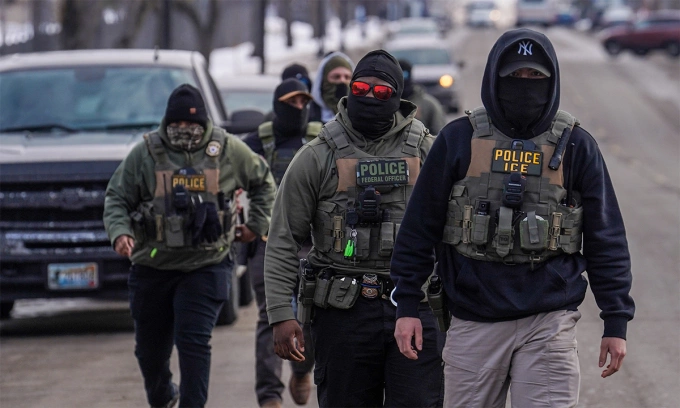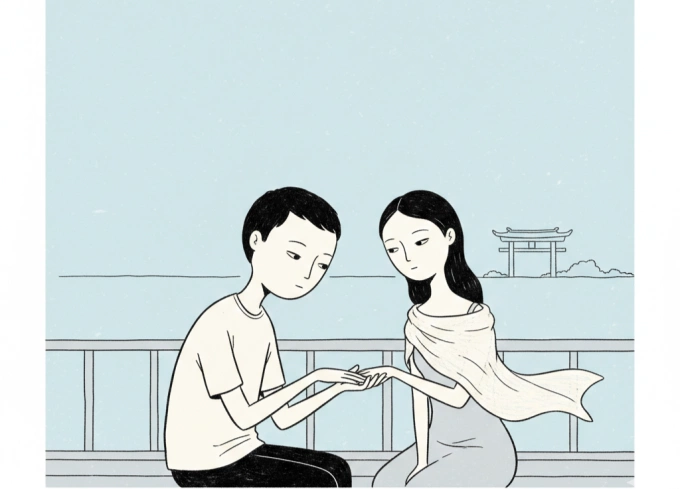KAM LI YEE STEFANIE:Counter-terrorism cooperation between
 2020-09-17
2020-09-17

Southeast Asia and China under ASEAN norms and principles
Kam Li Yee is an Associate Research Fellow at the S. RajaratnamSchool of International Studies (RSIS), Singapore Nanyang Technological University, and a PhD student at the National Security College, Australian National University.


▲Photos of the interview
On August 17,2020, the 2020 Asia Pacific PublicSecurity Forum was successfully held. During the forum, experts and scholars at the conference from various countries discussed counter-terrorism security, international counter-terrorism cooperation, the Line of defense through big data, and international security standards in light of the epidemic situation. CGE insight invited one of the key guests at the conference,KAM LI YEE STEFANIE for an online interview.
Time of the interview:August 15,2020
Location: CGE International Exchange Center
Host:Could you please give us a general introduction about the counter-terrorism situation in Southeast Asia against the background of COVID-19?
KAM LI YEE STEFANIE:In Southeast Asia basically, the COVID-19 situation has evolved, and is unevenly spread across the region. The Philippines and Indonesia are two of the countries with the highest number of infections and death in Southeast Asia. So that is the overview of the COVID situation, but it is important to put the region into context. Southeast Asia consists of many countries, and there is not one single response in terms of counter-terrorism.The terrorist groups activities have been mainly in the Indonesian region, in east Java, particularly where the Jamaah Ansharut Daulah, the JAD operates.During COVID-19, there have been two responses by JAD and other terrorist groups in Indonesia. One is to lay low, meaning some of its members are in retreat in order to retain their members. The other is to take the opportunity to pursue other radical agendas. In January this year, there were some protests taking place in the Chinese Embassy in Jakarta, which is in the capital of Indonesia. They were protesting mainly against various issues, but also mainly against Beijing’s treatment towards Muslim Uyghurs in Xinjiang. The JAD’s narrative is that the COVID-19 is a punishment, the terrorist group believes that this is a punishment for China’s treatment of Uyghurs in Xinjiang.
Host:What is the expectation of the countries in Southeast Asia in counter-terrorism cooperation with China and what is your advice and suggestions on how China can improve counter-terrorism cooperation with Southeast Asian countries?
KAM LI YEE STEFANIE: Southeast Asian countries’ stance on counter-terrorism cooperation between China and Southeast Asia will most likely be shaped by adherence to ASEAN norms and principles. The first of which is non-interference in internal affairs of one another. The second is the settlement of differences or disputes in a peaceful manner. The third is the renunciation of the use of force, and finally effective cooperation against threats.In terms of how to improve counter-terrorism cooperation between China and Southeast Asia, counter-terrorism is, as we know, a deeply sensitive issue, not just for China, not just for Southeast Asian countries, but for every country even including the US. With respect to the issues we see in the region, trust and confidence building exercises are important, as well to keep up, as they are ongoing. People-to-people level engagements at the grassroots level and civil society level are important, not just in the form of military cooperation, but also non-military forms of cooperation. This is important for building awareness and education within society and building social harmony and societal resilience to safeguard against threats.
Host:What is the evaluation of attitudes of countries and societies in Southeast Asia towards China’s deradicalization measures
KAM LI YEE STEFANIE:If you look at many of the media reports, the official statements by Southeast Asian government leaders, ASEAN has not been as vocal as other western nations including the US or the European allies.The hesitance to speak up, which some of the US or European scholars may criticize, really has to do not so much with the fear of not wanting to speak up, but I think domestic preoccupation is also an important thing to consider. At the official level, we know the Chinese state policy is anti-discrimination. The disagreement between the US and China on the issue of counter-terrorism has to do with fundamental differences in their social-political system. It is difficult to make cooperation happen, but there are opportunities for dialogue, and there are also opportunities for improvement in governance.So, I think the current US-China confrontation has made substantive cooperation difficult. But that’s not to say that cooperation cannot take place forever. At some point, there has to be kind of engagement, because no country is going to able to do things on their own.





